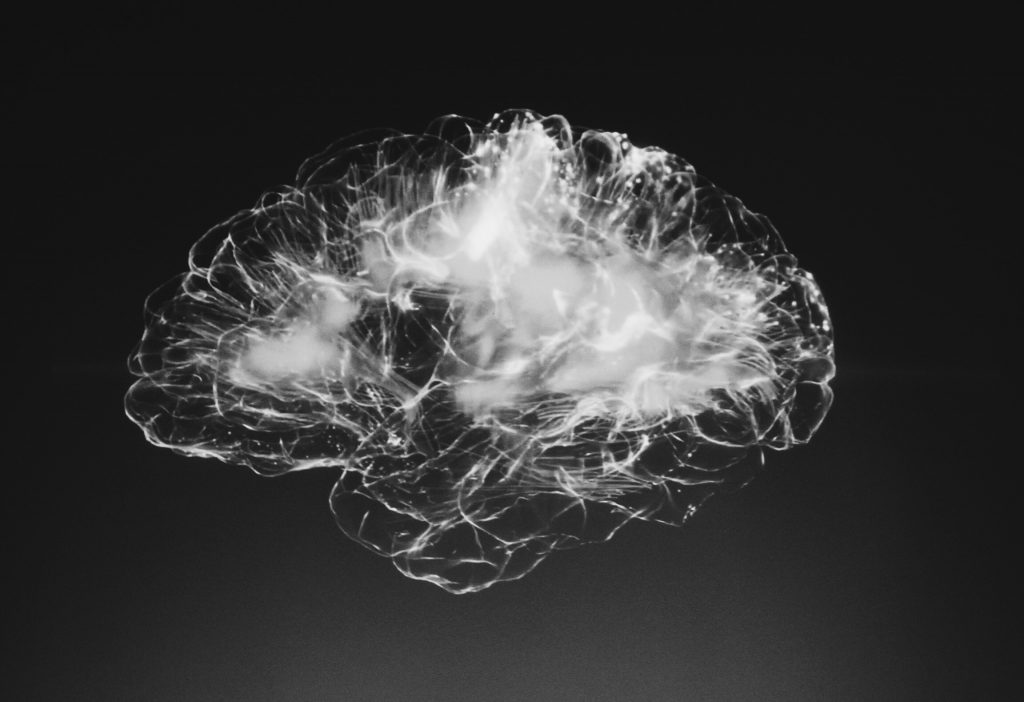The hippocampus is an area of the brain responsible for learning and memory formation. Recent research has revealed that a reduction in hippocampal size is linked to cognitive decline risk for dementia, specifically Alzheimer’s disease.
The word ‘hippocampus’ translates to ‘seahorse’ in Ancient Greek – both structures have a similar shape, such as a curved tail. There are two hippocampi, one on each side of the head, embedded deep in the temporal lobe in the left and right hemispheres. Dr David Merrill, geriatric psychiatrist and Director of Pacific Neuroscience Institutes Pacific Brain Health Centre in California, said that “the hippocampus is essential for creating new memories”. It is a complex brain structure, implicated in long-term memory formation, memory retrieval and spatial memory.
Atrophy, or loss of cells, from the hippocampus is associated with cognitive decline. Hippocampus atrophy is a key early marker of Alzheimer’s, and can be seen in MRI scans. The faster the atrophy, the faster the decline. Behavioural neurologist Dr Bernard Hanseeuw and colleagues analysed 128 people’s (with a median age of 73 years) hippocampus volume and amyloid plaques.
Amyloid plaques are extracellular deposits of misfolded beta proteins, situated in the space between nerve cells in the grey matter of the brain. They are thought to play a central role in the development of Alzheimer’s.
Researchers completed brain scans on these patients every year for 10 years. It was confirmed that hippocampus shrinkage was independent from amyloid plaque development. This is an exciting development in this field of research, but further tests must be conducted to check that this hippocampus shrinkage is definitely due to Alzheimer’s. This is emphasised by the notion that hippocampus shrinkage can have alternative causes, such as brain lesions, vascular dementia or age-related tauopathy where memory continues to worsen.
Dr Marc Gordon, Chief of Neurology at Zucker Hillside Hospital in New York and Professor, highlighted that not everyone with memory issues has a shrinkage of the hippocampus. Despite this, he said that this is “an excellent and very informative study”. It is important to be open-minded with this research and consider other possible causes of forgetfulness (of memories) before diagnosing Alzheimer’s disease.
Furthermore, this study’s participant pool was limited to those who were white and educated, therefore, it is difficult to generalise these findings to the wider general population. It would be interesting to repeat this experiment with a more diverse sample, to compare and contrast the results.
In terms of hippocampus shrinkage prevention, research has highlighted some accessible ways to protect this brain area, thus reducing the risk of memory loss. These include:
- exercise
- diet
- regular socialisation
Exercise promotes the growth of new neurons (neurogenesis) which also improves cognition and emotional regulation. In terms of diet, it has been shown that a low glycemic or Mediterranean diet (such as fish, olive oil, whole grains and fruit and vegetables) is optimal for brain health as it can even increase the size of the hippocampus.
It has been revealed that people who are lonelier have a higher risk of developing Alzheimer’s, thus regular, meaningful social connections are crucial for brain health and mental wellbeing. This loneliness among the older generation has been exacerbated by the COVID-19 pandemic, and the Alzheimer’s Research & Prevention Foundation maintains the advice to minimise social isolation. Studies often conclude that loneliness can elevate levels of Interleukin-6, an inflammatory marker linked to Alzheimer’s disease.
Research into Alzheimer’s is a growing and important field, as at least 55 million people are living with Alzheimer’s disease or other dementias worldwide. This is a promising line of research with regular new advances, with the ultimate goal of slowing the neurodegenerative progress of such diseases.
Featured Image by Alina Grubnyak on Unsplash

